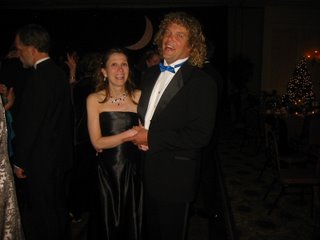Microsoft: Evil, or Incompetent
I have been going nuts trying to create a web site that will look more or less the same in both IExplorer and Firefox.
Tried using WORD for just a quick and dirty page, and it wasn't surprising that that didn't work. Looked okay in IE, but no graphics and scrambled positions of text in Firefox. But WORD is not really an HTML editor...
So, I switched to FRONTPAGE. Considered DREAMWEAVER, but it was 4 times as expensive, even with an education discount. FRONTPAGE should work, right? It is at least a real HTML editor/web page program.
WELL....not so much. The page looks okay in IE, but still none of the graphics show up in Firefox. So I just simplified it.
Suggestions? Similar experiences?





